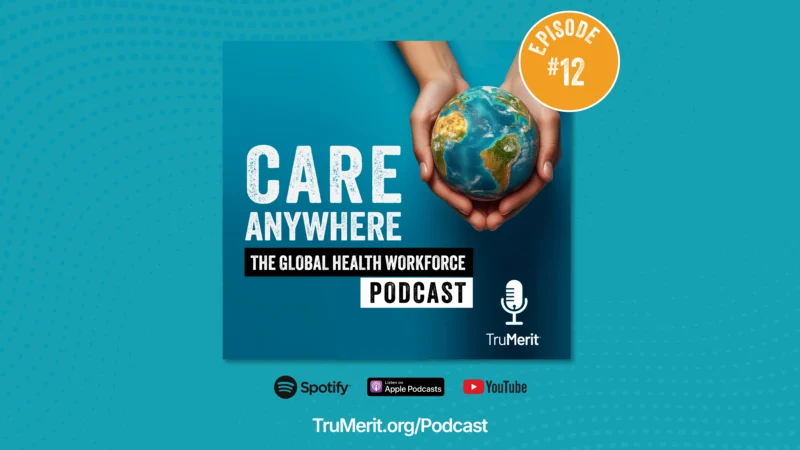Putting Carevive SMART Data to Work
Carevive SMART Data is making waves in the pharmaceutical industry as it gets licensed to companies looking to enhance their value chain. This revolutionary dataset is being utilized for crucial use cases, particularly in clinical trials.
Pharmaceutical companies are now leveraging SMART Data to precisely target the right patient populations and determine essential patient experience measures for inclusion in their clinical trials. By integrating this definitive set of Patient-Reported Outcomes (PROs) into new study designs, trials gain a valuable dimension that bolsters the quality of trial data and strengthens regulatory submissions.
We’re excited to discuss Carevive SMART Data with you in-depth, showcasing how it can transform your clinical trials and regulatory strategies. Together, let’s pave the way for more effective and patient-centered therapies in the ever-evolving landscape of cancer care.




